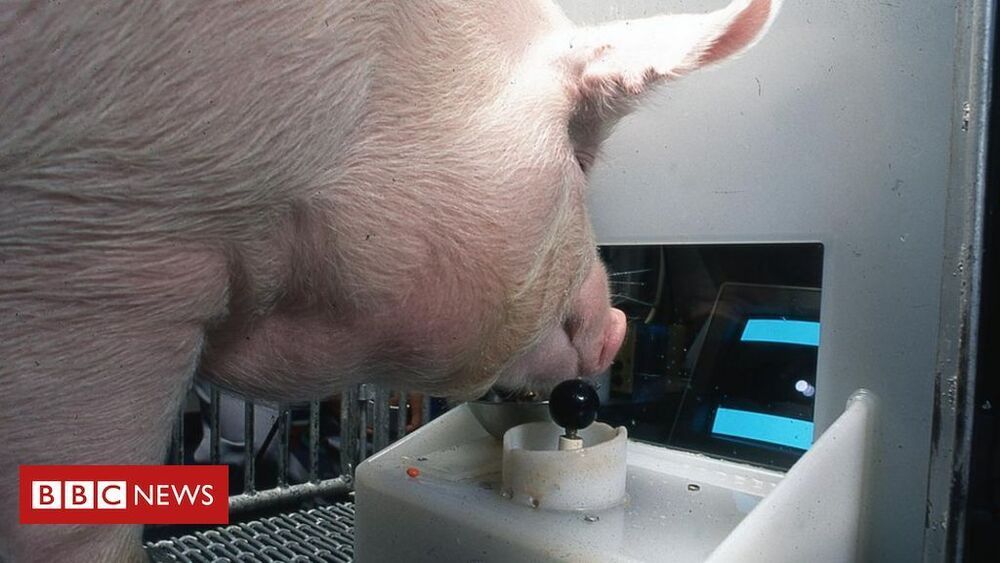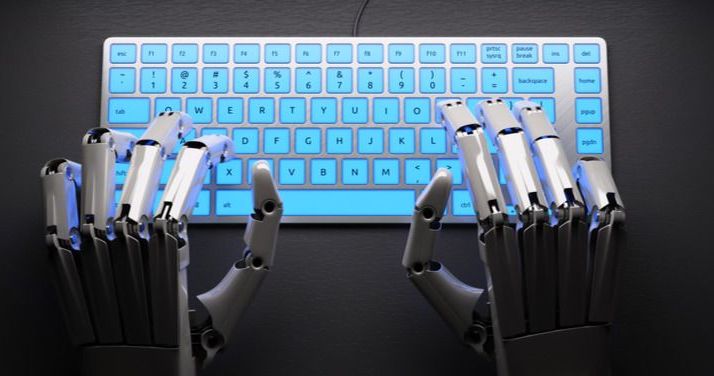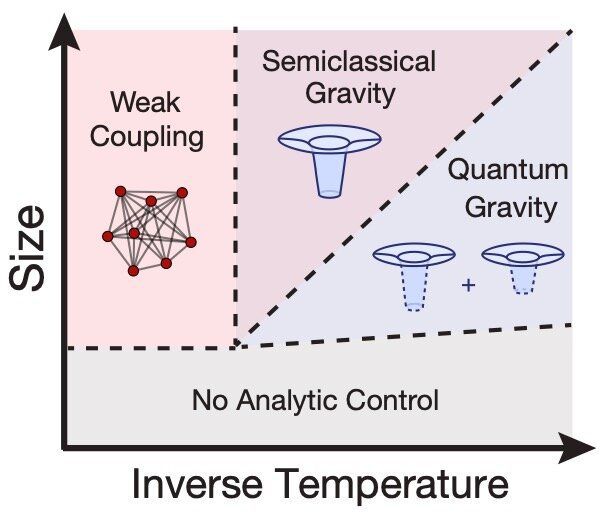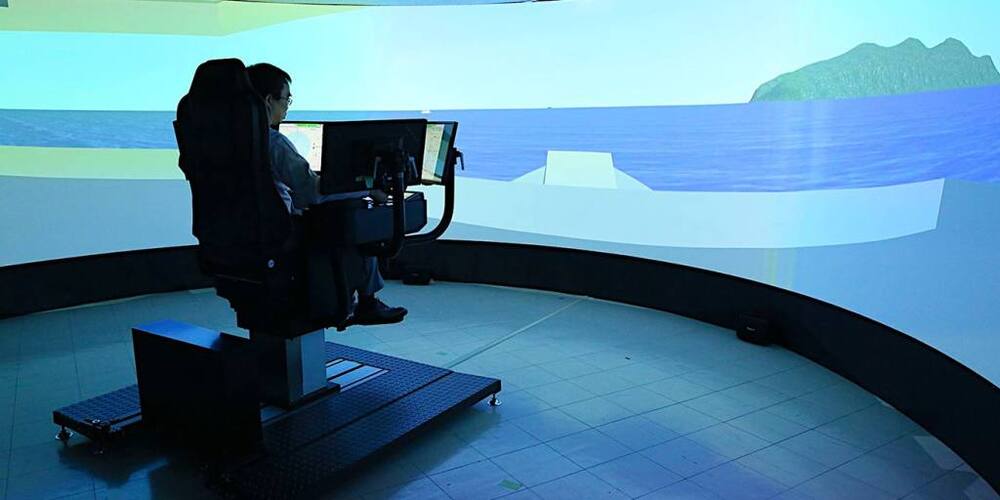With cinemas badly hit by Covid-19 restrictions they are looking for new revenue streams. 🎮


Now Sweeney, 50, is embarking on the biggest battle in his company’s 30-year history: Epic is suing Apple and Google in a legal challenge that could remake the future of the digital economy.
Over the course of his career Tim Sweeney has been unafraid to take on tech industry giants.


You’ve been hoaxed.
The hoax seems harmless enough. A few thousand AI researchers have claimed that computers can read and write literature. They’ve alleged that algorithms can unearth the secret formulas of fiction and film. That Bayesian software can map the plots of memoirs and comic books. That digital brains can pen primitive lyrics1 and short stories—wooden and weird, to be sure, yet evidence that computers are capable of more.
But the hoax is not harmless. If it were possible to build a digital novelist or poetry analyst, then computers would be far more powerful than they are now. They would in fact be the most powerful beings in the history of Earth. Their power would be the power of literature, which although it seems now, in today’s glittering silicon age, to be a rather unimpressive old thing, springs from the same neural root that enables human brains to create, to imagine, to dream up tomorrows. It was the literary fictions of H.G. Wells that sparked Robert Goddard to devise the liquid-fueled rocket, launching the space epoch; and it was poets and playwrights—Homer in The Iliad, Karel Čapek in Rossumovi Univerzální Roboti—who first hatched the notion of a self-propelled metal robot, ushering in the wonder-horror of our modern world of automata.
What if our bodies kept evolving? And are there body parts that will disappear one day?
The First 1000 people to click this link get a FREE SKILLSHARE PREMIUM MEMBERSHIP: https://skl.sh/asapscience01211
Our backs hurt, ankles break and feet are busted! Not to mention having a baby is dangerous and our eyes are built backwards. There is a lot that doesn’t work in our bodies, so today we are going to explain the perfectly evolved human. Evolutionary biologists have been battling this scenario for years so we explain it all. Including the need for ostrich feet, bipedal bodies, bilateral symmetry, rewiring neurons in the eye and having dog ears! Let us know if you would want this body!?
References:
Metazoa: Animal Life and the Birth of the Mind — by Peter Godfrey Smith.
https://leakeyfoundation.org/2015why-walk-on-two-legs/#:~:te…duced%20in, stable%2C%20rigid%20base%20for%20propulsion.
https://www.earthdate.org/node/131
https://pubmed.ncbi.nlm.nih.gov/30772945/
https://pubmed.ncbi.nlm.nih.gov/31163155/
https://pubmed.ncbi.nlm.nih.gov/30482358/
https://pubmed.ncbi.nlm.nih.gov/29787621/
https://pubmed.ncbi.nlm.nih.gov/28406563/


If it was any other plutocrat I’d be disgusted. But Musk is pumping HIS OWN MONEY into SpaceX (and the space sector in general).
After SO MANY YEARS of INEXCUSABLY low levels of funding for human space flight — and for the creation of absolutely critical space infrastructure — I am EXTACTIC at the news!
I don’t always agree with the guy, but I DO deeply believe in what he’s trying to accomplish. I believe in his aspirations for our species. MOST IMPORTANTLY, unlike most of his peers with vaguely similar aims, I believe he can ACTUALLY ACOMPLISH his goals.
Which is WHY this is such great news. The more resources he has, the sooner we become what we are meant to be (or at least what we NEED to be) — a multi planet spacefaring civilization that doesn’t have all it’s eggs in one basket.
For a CEO with no base salary, Elon Musk’s 2020 payday reached sky-high record levels.

Air conditioners and other cooling systems are among our biggest consumers of electricity, so finding ways to passively cool buildings will be important in our increasingly warmer future. Now, researchers at the University at Buffalo have developed a prototype hybrid device that can not only cool buildings drastically without using electricity, it can capture solar energy to heat water.
Created in many forms over the years, radiative cooling systems absorb heat from inside a room or building, and emit it in infrared waves towards the sky. At those wavelengths, the Earth’s atmosphere is “invisible” to the radiation, meaning there’s nothing stopping the heat from venting directly into the cold of outer space.
These devices use panels made of materials that can absorb and emit the heat. The logical way to orient these thermal emitter panels is to have one face pointing towards the sky, like a solar panel, but the team on the new study says that’s not the most efficient method. The panels emit heat from both sides, so in that position some of the heat is being emitted back towards the ground.

Over the past few years, many physicists worldwide have conducted research investigating chaos in quantum systems composed of strongly interacting particles, also known as many-body chaos. The study of many-body chaos has broadened the current understanding of quantum thermalization (i.e., the process through which quantum particles reach thermal equilibrium by interacting with one another) and revealed surprising connections between microscopic physics and the dynamics of black holes.

Platform addressing labor shortage to be released next fiscal year.
TOKYO — Japanese shipbuilder Mitsui E&S Holdings will soon start selling a navigation system that plans routes and allows vessels to dock automatically.
This is part of the company’s push to use state-of-the-art technology to seize on demand for products that address a labor shortage in the shipping industry.